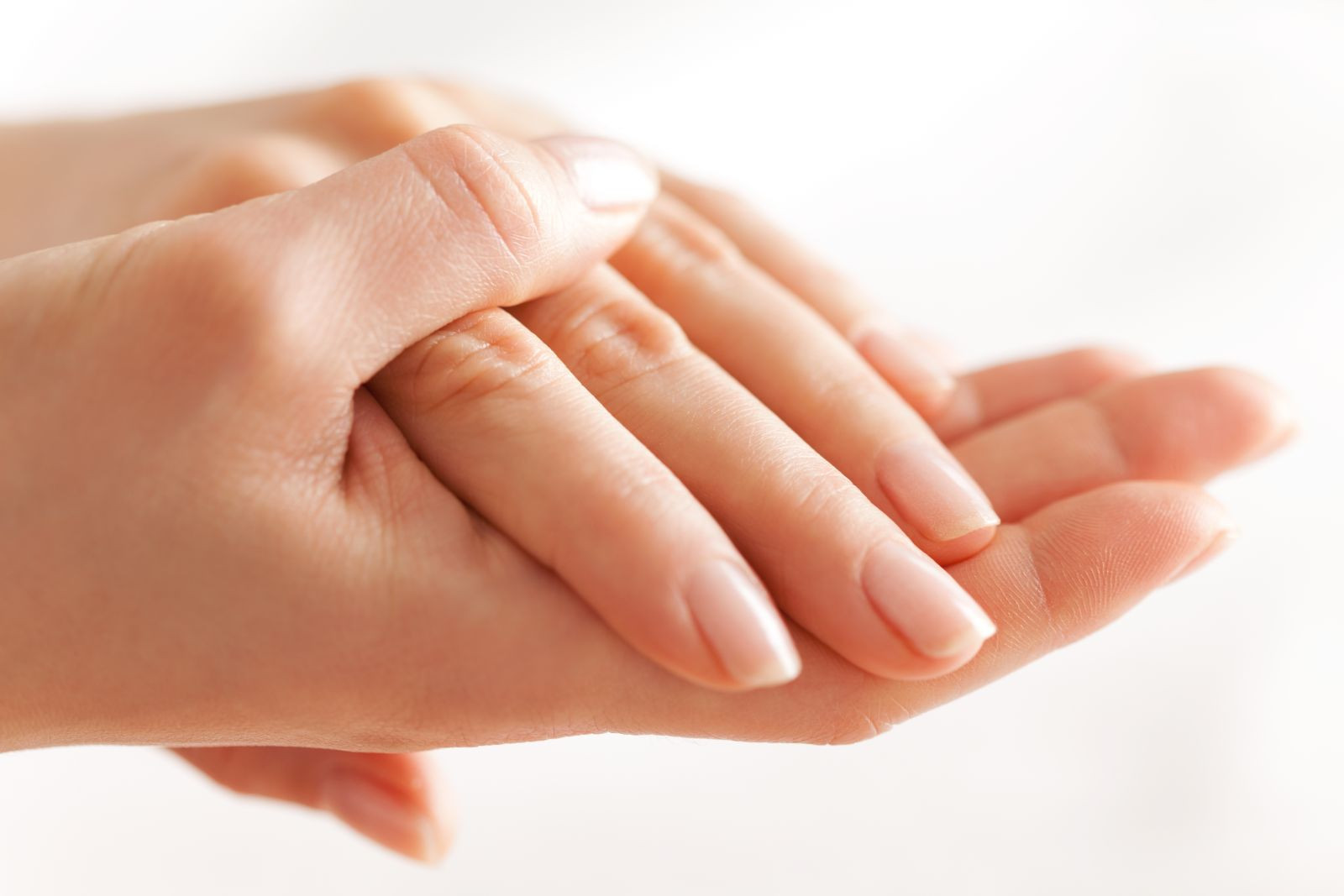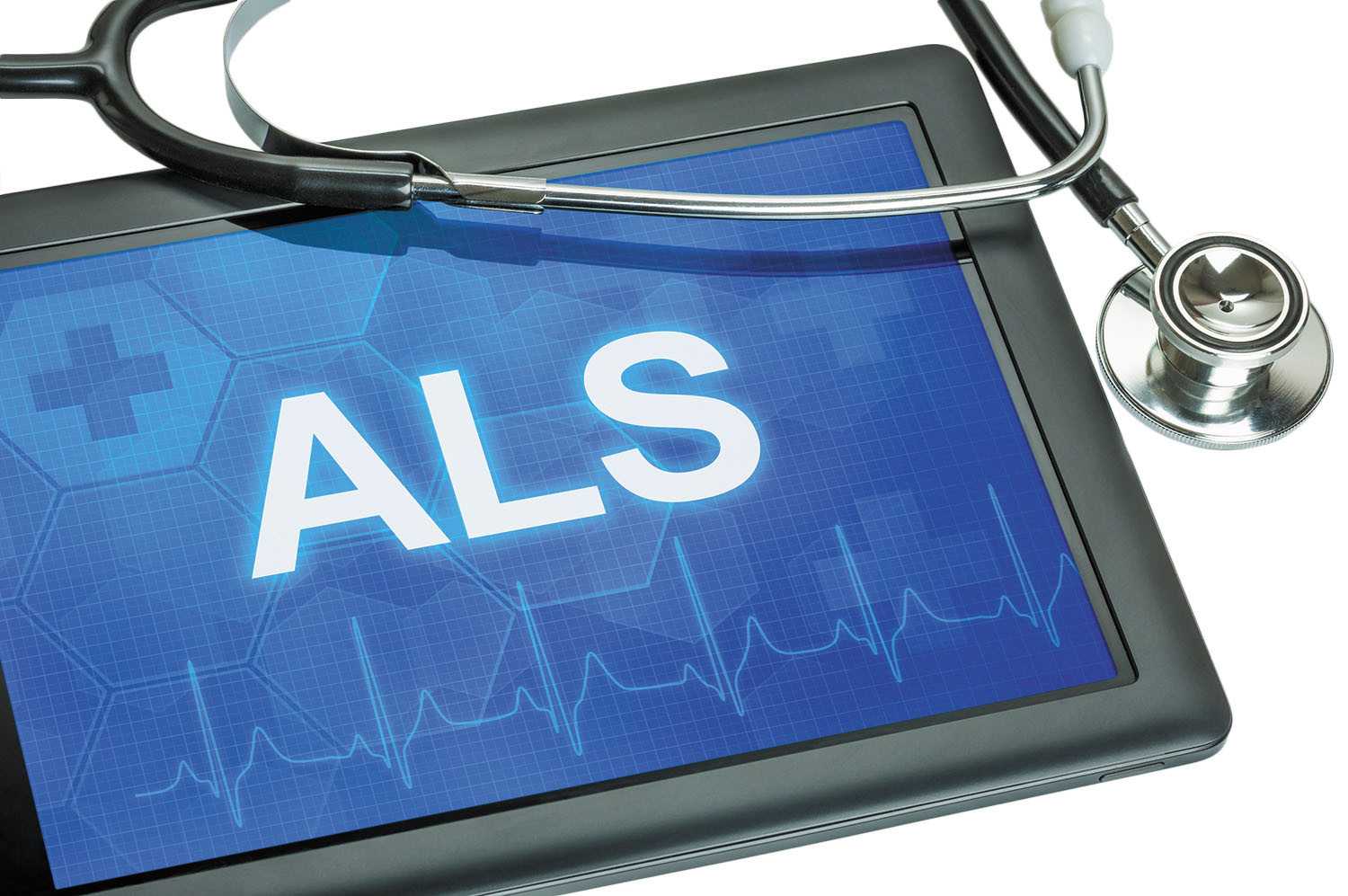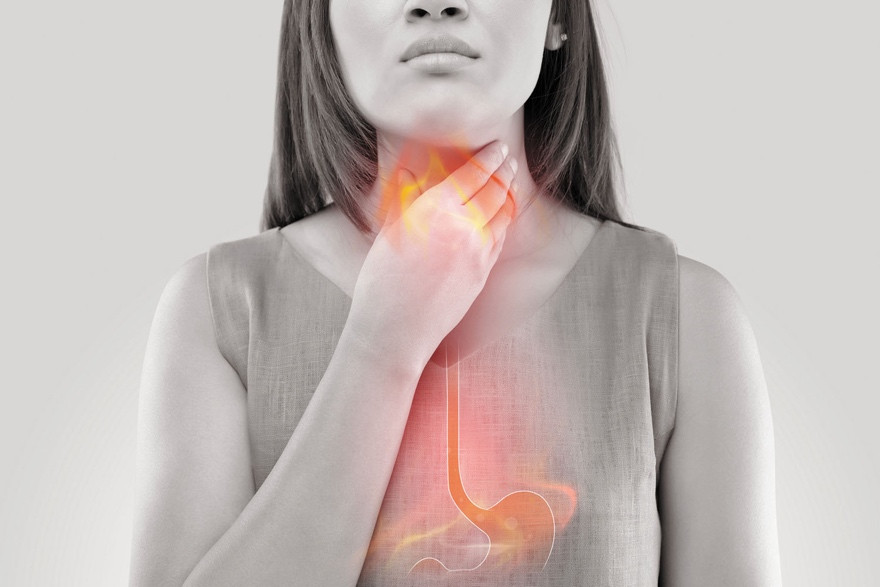
Respiratory health harms often follow flooding: Taking these steps can help

Tips to leverage neuroplasticity to maintain cognitive fitness as you age

Can white noise really help you sleep better?

Celiac disease: Exploring four myths

What is prostatitis and how is it treated?

What is Cushing syndrome?

Exercises to relieve joint pain

Think your child has ADHD? What your pediatrician can do

Foam roller: Could you benefit from this massage tool?

Stepping up activity if winter slowed you down
Diseases & Conditions Archive
Articles
Recognizing a common cause of exercise-related leg pain
Peripheral artery disease is serious but preventable.
As people get older, they sometimes shrug off painful cramping in their calves when they walk as a sign of age or overexertion. But it can be a symptom of a more serious condition known as peripheral artery disease, or PAD.
PAD is a condition in which fatty deposits collect in arteries outside the heart — most commonly in the legs — and reduce blood flow in that part of the body. Doctors used to think PAD mostly affected men, but when researchers began to include more women in their studies, they learned that the condition is just as common in women, affecting one in every 10 women over age 50 and one in every five over age 60, says Dr. Aruna Pradhan, a cardiologist and assistant professor of medicine at Harvard Medical School.
By the way, doctor: Do I need to take bile salts after gallbladder surgery?
Q. I have read that people who have had their gallbladders removed should take bile salts. My gallbladder was removed many years ago, and no doctor has said I should take bile salts. Should I?
A. Bile salts are produced in the liver, secreted into the bile ducts and gallbladder, and sent from there to the small intestine by way of the common bile duct. In the intestine, bile salts make it easier for your body to absorb and digest the fats and fat-soluble vitamins that you've eaten. Remember, not all fats are bad: there are "good" fats, and they are crucial to our health.
By the way, doctor: What causes Beau's lines?
Q. You wrote about weak, brittle fingernails with longitudinal ridges. I have strong nails with horizontal ridges. What causes this, and what can I do about it?
A. You may be referring to Beau's lines, which are grooves that run horizontally across the nail plate. They usually develop when nail plate growth, which begins in the nail matrix (located under the cuticle), is temporarily disrupted. This can occur with direct injury to the nail matrix; an inflammatory condition such as psoriasis; infection around the nail plate; repetitive picking at the nails or cuticles; or even a manicure. Systemic causes include a common side effect of chemotherapy, nutritional deficiencies, illnesses accompanied by high fever, metabolic conditions, and diminished blood flow to the fingers (from Raynaud's phenomenon, for example).
By the way, doctor: Does lysine prevent cold sores?
Q. For years, I have had recurrent cold sores and took antiviral drugs to treat the outbreaks. A friend suggested that I take daily lysine. What's the evidence that it works?
A. Cold sores (sometimes called fever blisters) are painful fluid-filled lesions on or near the lips that are caused by the herpes simplex virus (HSV). There are two kinds of HSV: HSV-1, which causes most cold sores, and HSV-2, which is mostly responsible for genital herpes. HSV-1 infection is very common and easily transmitted by kissing or other contact with saliva. Once you're infected, the virus lays dormant in the nerve cells that supply sensation to the skin. When the virus becomes active, it travels to the skin surface and multiplies, causing an outbreak.
What is ALS?
Ask the doctor
Q. A friend says that the worst disease of all is ALS. What is it?
A. What makes a disease the "worst?" For many, it would be a disease that robs them of their mind. For others, it would be a disease that creates constant pain. For still others, it would be a disease that makes them unable to care for themselves or to control their bodily functions — in full view of their family and closest friends.
Feeling woozy when you stand?
It might be orthostatic hypotension, a condition that can be challenging to catch and treat.
You stand up and suddenly feel unsteady on your feet. It's easy to brush off this experience as a fluke or a bug, but don't. You may have a condition called orthostatic hypotension, a temporary drop in blood pressure when you stand. It's tricky to catch.
"Blood pressure is highly variable, and depends on position, timing, the method of measurement, and circumstances associated with its measurement," says Dr. Lewis Lipsitz, chief of gerontology at Harvard-affiliated Beth Israel Deaconess Medical Center and director of the Marcus Institute for Aging Research at Hebrew SeniorLife. "It may take multiple blood pressure measurements at different times of day, lying and standing, in order to detect orthostatic hypotension," Dr. Lipsitz says.
Should I worry about a twitching eyelid?
On call
Q. Lately, my eyelid has begun to twitch for no reason. It comes and goes, but is this a sign of a serious problem?
A. I suspect you are referring to the situation in which a few of the muscle fibers of the eyelid seem to contract in an irregular and random fashion. While it feels strange, it is almost never a sign of a serious problem.
Nothing to sneeze at
Here's how to prepare for the coming allergy season.
Spring is in the air, and so are millions of pollen particles, the tiny grains that fertilize plants. Seasonal allergies — also known as hay fever — can affect almost anyone and at any time in life. Although most people begin to experience allergies in childhood or early adulthood, sometimes the symptoms become more problematic later in life, especially if their living environment changes.
"Even if you have never suffered from allergies — or used to when you were much younger but not anymore — there is a good chance you will become more sensitive to pollen as you reach your 60s and 70s, although it's not clear why," says Dr. Mariana Castells, of the Department of Allergy, Rheumatology, and Immunology at Harvard-affiliated Brigham and Women's Hospital.
Feeling the burn? Antacids can provide some relief
But these remedies aren't the best choice if you have frequent heartburn.
You feel the familiar sensation in your chest: heartburn. Again, you find yourself reaching for the bottle of antacids in the medicine cabinet. It's something you've done a few times a week for the past six months. Is it okay to keep popping over-the-counter acid reducers, or is it time to see a doctor?
We asked two experts, Dr. Jennifer Nayor and Dr. Molly Linn Perencevich, both instructors in medicine at Harvard Medical School, for their thoughts on heartburn, including when it's okay to use over-the-counter antacids and when you should seek other treatments. Below are their responses.
Can I prevent diverticulitis?
Ask the doctors
Q. I recently had diverticulitis. I'd like to avoid a recurrence. Is there anything I can do to prevent this painful condition in the future?
A. As people age, small pouches often form in the wall of the large intestine, a condition called diverticulosis. If food or bacteria become trapped in these pouches, they can become inflamed or infected, which is known as diverticulitis.

Respiratory health harms often follow flooding: Taking these steps can help

Tips to leverage neuroplasticity to maintain cognitive fitness as you age

Can white noise really help you sleep better?

Celiac disease: Exploring four myths

What is prostatitis and how is it treated?

What is Cushing syndrome?

Exercises to relieve joint pain

Think your child has ADHD? What your pediatrician can do

Foam roller: Could you benefit from this massage tool?

Stepping up activity if winter slowed you down
Free Healthbeat Signup
Get the latest in health news delivered to your inbox!
Sign Up











